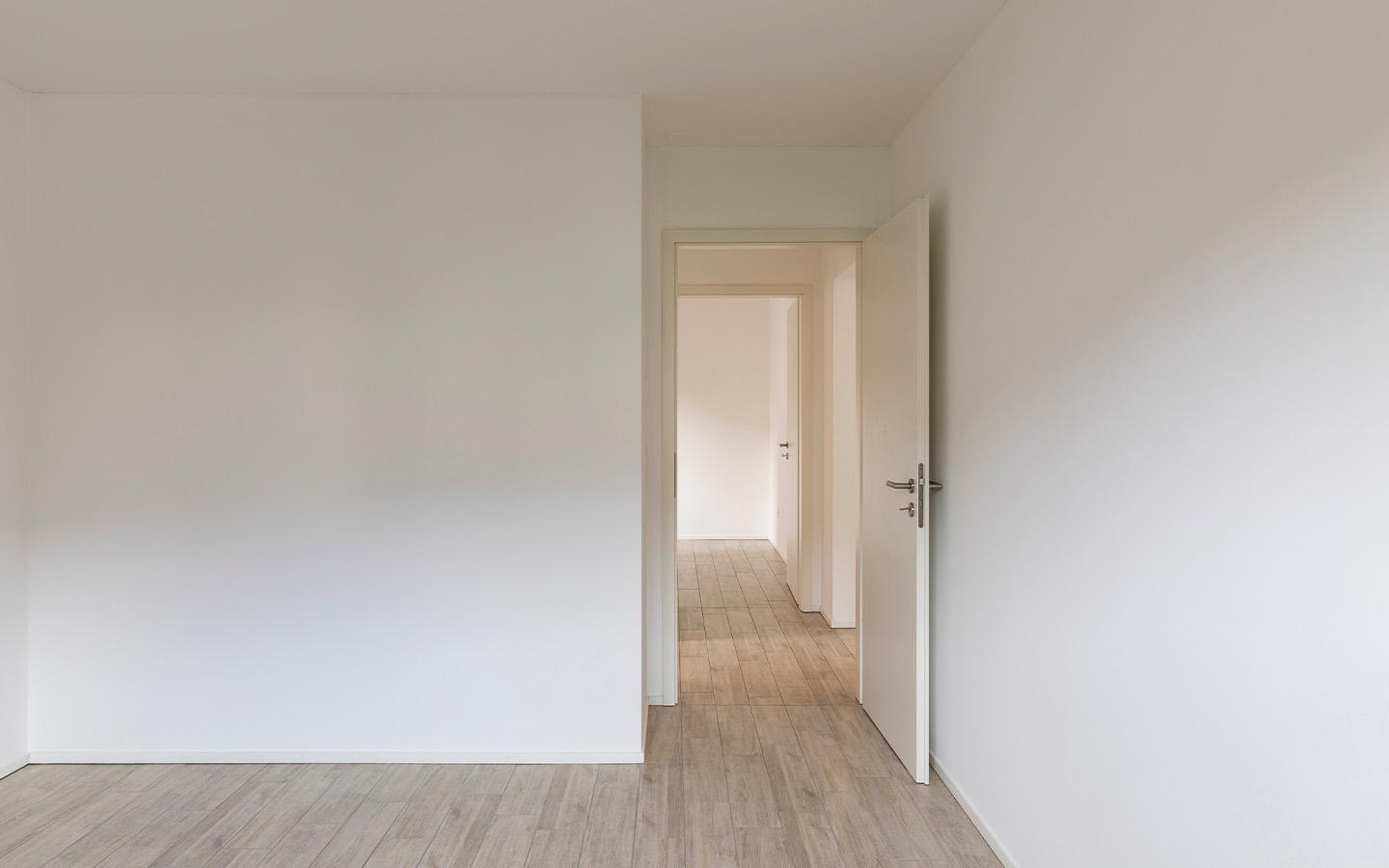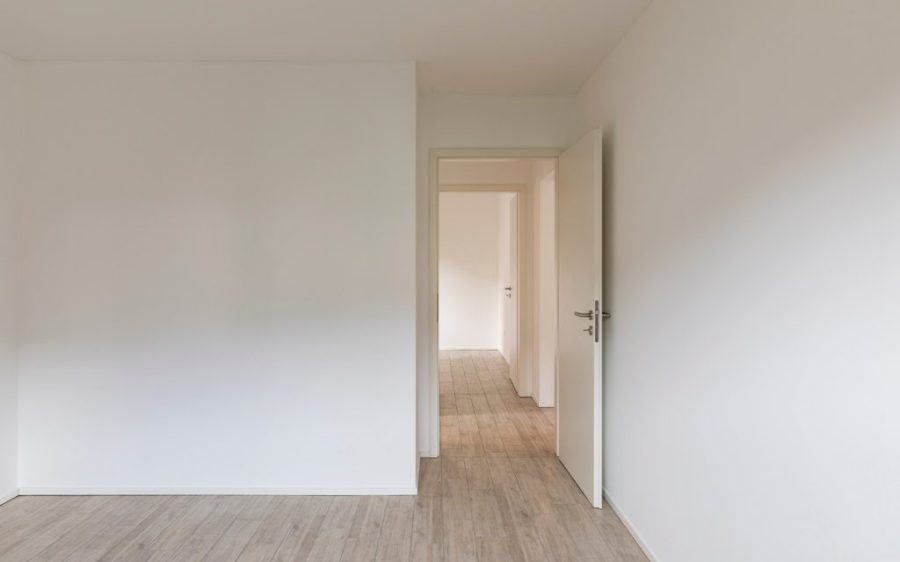There were 219 residential properties sold in Macao in June, a rise of 11 percent when compared to the 196 units sold the month before. That’s according to the latest stamp duty data from the Finance Service Bureau.
By locality, Taipa experienced the greatest growth, with its property sales jumping by around 42 percent, from 36 units in May to 51 units in June. The Macao peninsula was at a distant second place, as its sales increased by 5.3 percent month-on-month to 158 flats.
Coloane did not undergo any changes between the two months, as its sales total remained constant at 10 units.
Meanwhile, the overall average residential property price per square metre in June totalled 69,254 patacas (US$8,575), a drop of 0.6 percent in comparison to May’s 69,735 patacas (US$8,635).
Prices in Taipa fell by 8.7 percent, plummeting from 70,934 patacas (US$8,783) to 64,761 patacas (US$8,023) between May and June. Similarly, Coloane experienced a dip of 2.3 percent, with its average rate sliding from 92,184 patacas (US$11,417) to 90,069 patacas (US$11,154).
The peninsula was the only area that reported growth in its average property price, with its figures totalling 69,707 patacas (US$8,631), a rise of 3.44 percent.
Overall, 1,380 residential property transactions were made in the first half of this year, down by almost 12 percent against the 1,566 units sold during the same period in 2024.
[See more: Macao’s residential property price index continues its steady decline]
The average residential property price per square metre during the initial six months came to a total of 72,866 patacas (US$9,024), a decrease of roughly 18 percent year-on-year.
The current data points to a general slump in Macao’s real-estate market, which was made clear earlier this month when it was revealed that the residential property price index had slid year-on-year by 8.7 percent during the period from March to May 2025.
At its height during the early 2010s, the SAR’s property sector was able to sell upwards of 15,000 flats per year. However, the market has fallen precipitously in recent times, with sales now only numbering several thousand at most.
In response to the market’s steady decline, the SAR government lifted property curbs last April. While the measure was able to initially stimulate the sector, it ultimately did not bear fruit.
Local real-estate experts have also lamented the dismal state of the market, with Ung Choi Kun, the chair of the Association of Property Agents and Realty Development, telling reporters earlier this year that the conditions were currently “unfavourable.”
Meanwhile, Peter Lok Wai Tak, the head of the Macau Real Estate Development Association, also expressed a negative outlook for the market, telling the media in February that it could drop by between 8 and 11 percent this year.






